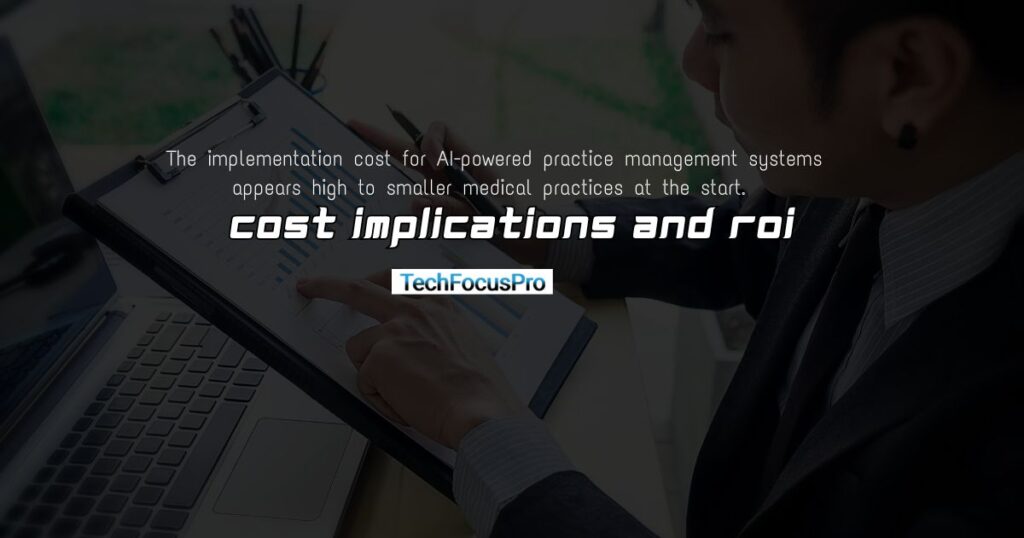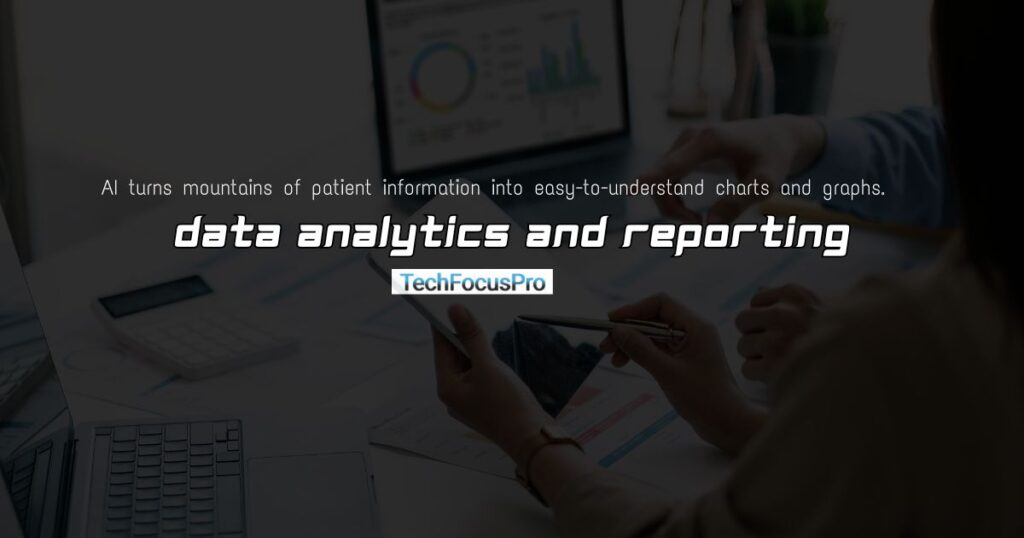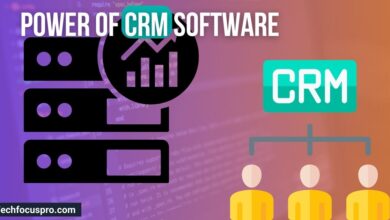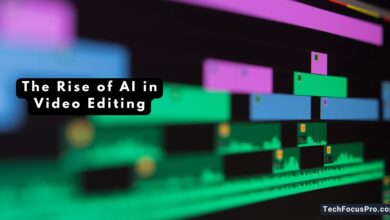The Impact of AI and Automation on Practice Management Software

Remember when medical offices had towering stacks of paper files, and staff spent hours typing patient information into clunky computers? Those days feel ancient now, thanks to the technological revolution transforming healthcare management.
The union of artificial intelligence and automation has completely changed how medical practices handle everything from scheduling to billing, making old-school paper systems feel as outdated as black-and-white TVs.
The Evolution of Practice Management
Medical practices faced constant challenges with paperwork, scheduling conflicts, and billing errors in the past decade.
Modern technology brings streamlined solutions that transform these daily hassles into smooth, efficient processes. The healthcare industry demands sophisticated tools for managing complex operations.
Software developers understand the unique challenges medical practices face every day.
A reliable practice management solution streamlines workflows while maintaining strict security standards. These advanced systems handle everything from appointment scheduling to insurance verification.
Key Benefits of AI Integeration
- AI-powered scheduling systems reduce no-shows by predicting patient behavior patterns and sending smart reminders. These systems learn from past appointment data to suggest optimal scheduling times and automatically adjust for cancellations.
- Automated billing systems catch coding errors before claims submission and predict potential insurance denials. The software continuously learns from past claim results to improve accuracy.
- Machine learning algorithms help identify trends in patient care and practice efficiency, allowing for better resource allocation. These insights help practices make data-driven decisions about staffing and service offerings.
Traditional vs AI-enhanced Practice Management
| Feature | Traditional System | AI-Enhanced System | Impact on Efficiency |
| Scheduling | Manual entry | Predictive booking | 60% faster |
| Billing | Basic verification | Smart claim review | 40% fewer errors |
| Reporting | Static reports | Dynamic analytics | Real-time insights |
Security and Compliance Measures
Practice management systems in the present era implement numerous protective security measures to safeguard delicate patient information.
Every database entry is encrypted, and control methods allow authorized users to view specific information. Security audits operate regularly to ensure medical regulations stay obeyed.
Security breaches are detected first by AI algorithms which track how healthcare staff access the system. Automatic system updates through these platforms protect both new security threats and maintain compliance with HIPAA regulations.
The advanced authentication techniques enable staff members with authorized access to receive data protection for patients.
Cost Implications and ROI

The implementation cost for AI-powered practice management systems appears high to smaller medical practices at the start. The combination of lower administrative errors and better operational performance allows practices to save costs starting in the first year of implementation.
Better claim acceptance rates, combined with lower administrative costs, allow the software to save enough money to fund itself.
The system’s developing user friendliness results in lower staff training expenses.
Automation eliminates the requirement for workers to extend their shifts and hire temporary staff when the practice experiences busy times.
Through machine learning, the software makes continuous performance improvements, which enhances its worth for the practice.
Also Explore: What is a Dedicated Spindle Software?
Future Trends and Developments
Practice management AI capabilities demonstrate rapid advancement each day. Systems equipped with natural language processing technology will enable the effective and natural handling of patient communications shortly.
Voice recognition technology allows healthcare providers to document information more quickly and accurately.
Integrated wearable devices, together with remote monitoring systems, will supply broad patient care information to healthcare providers. This technology enables healthcare practices to analyze patient requirements better and, therefore, maximize their available resources.
Additional advancements will result in healthcare service delivery becoming more individualized and active.
The Human Element
The advancement of automation in healthcare has not substituted the need for human interaction throughout patient care delivery. Staff members reach maximum value because AI automation performs basic tasks to leave healthcare providers able to give focused care to patients.
The advanced technological system frees up time for medical staff to focus on complex decisions requiring human involvement.
Staff members become more efficient when supported by intelligent systems. The combination of human expertise and AI capabilities creates a more responsive and effective healthcare environment.
This partnership between human intelligence and artificial intelligence represents the future of healthcare delivery.
Training and Adaptation
The medical staff needs time to learn all the cool new AI features, just like learning a new video game. Most doctors and nurses find the new systems super helpful once they get used to them.
The training usually includes fun, hands-on practice sessions where staff can try out different features without worrying about making mistakes.
Some offices have special training teams to help everyone learn new things. These teams create easy-to-follow guides that make learning the system feel less scary. Staff members often become system experts who can teach others all the helpful shortcuts.
Patient Experience Improvements
Patients love being able to schedule appointments through their phones anytime they want. The AI remembers their preferences and can suggest appointment times that work best for their schedule. Smart reminders help patients remember to take their medicine and show up for check-ups.
The waiting room experience improves significantly with AI managing patient flow. Digital check-in makes paperwork super quick and easy for everyone. Patients appreciate getting text updates about wait times and test results right on their phones.
Data Analytics and Reporting

AI turns mountains of patient information into easy-to-understand charts and graphs. Doctors can spot health trends across their whole patient group with just a few clicks. These smart reports help practices figure out which treatments work best for different health problems.
The system crunches numbers faster than any human could, showing important patterns instantly. Practice managers use these insights to make their offices run smoother and help more patients. Monthly reports that used to take days now pop up in seconds with all the important details highlighted.
Mobile Integration Features
Doctors can now check patient records and test results from their phones while staying secure. Staff members handle urgent messages and schedule changes from anywhere with internet access. Mobile apps make it super easy to keep track of everything happening at the practice.
Patients get their mobile apps that connect directly with the practice’s system. They can see their health history, upcoming appointments, and medication schedules all in one place. The apps even send friendly reminders about important health tasks.
Emergency Response Capabilities
AI systems help practices handle emergencies better by quickly identifying which patients need immediate attention.
The software can alert staff about dangerous medication combinations or allergic reaction risks before they become problems. Emergency protocols kick in automatically when the system spots serious health issues.
During natural disasters or health crises, the system helps practices quickly contact all their patients. It can sort through patient lists to find people who might need extra help during emergencies. These features help practices take care of their patients even during tough situations.
Conclusion
AI and automation have revolutionized practice management, creating more efficient and accurate healthcare delivery systems.
These technological advances continue to evolve, promising even more improvements in the future. The key to success lies in balancing automated efficiency with personalized patient care.
Understanding and embracing these changes helps medical practices stay competitive while improving patient outcomes.
The future of healthcare management combines human expertise with cutting-edge technology. This evolution ensures better healthcare delivery for everyone involved.
Frequently Asked Questions
How does AI improve patient scheduling and billing accuracy?
AI streamlines patient scheduling by analyzing appointment histories and optimizing time slots to reduce errors and wait times. In billing, AI reduces mistakes by automatically coding and processing claims, ensuring accurate charges and faster reimbursement.
Will automation replace human staff in medical practices?
While automation can handle repetitive tasks like scheduling and billing, it’s unlikely to replace human staff in medical practices fully. Human professionals will still be needed for patient care, decision-making, and handling complex cases that require empathy and expertise.
What security measures protect patient data in automated systems?
Automated systems use encryption, multi-factor authentication, and secure cloud storage to protect patient data from unauthorized access. Regular system updates and compliance with regulations like HIPAA ensure that patient information is kept confidential and safe from breaches.






